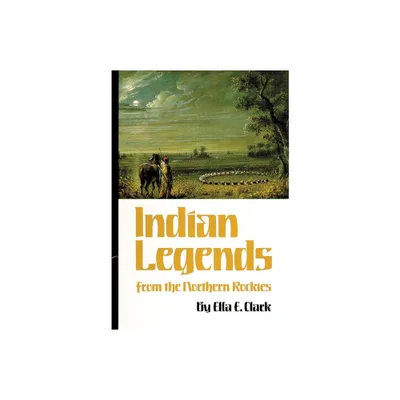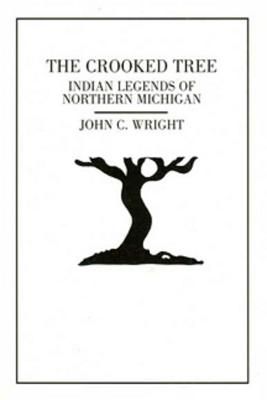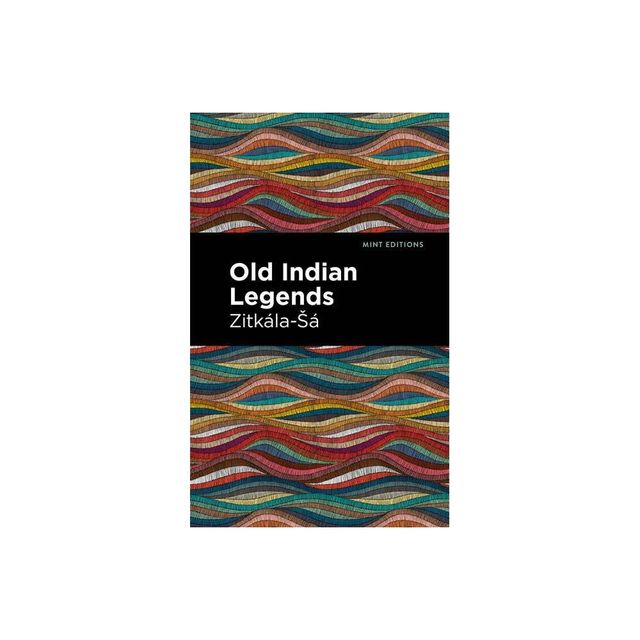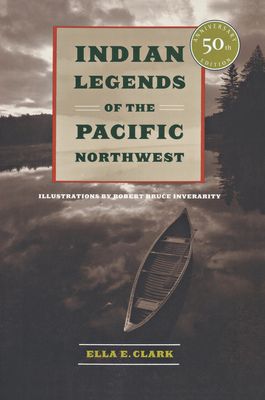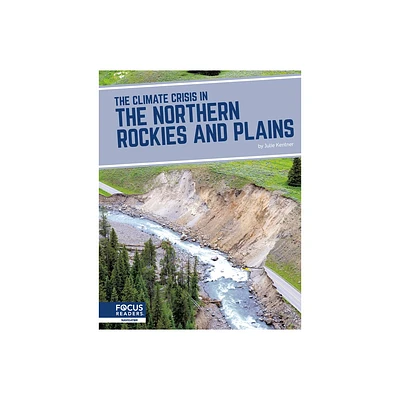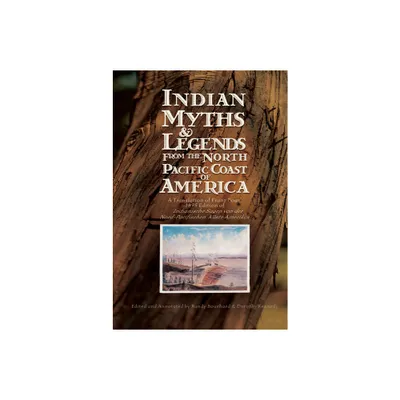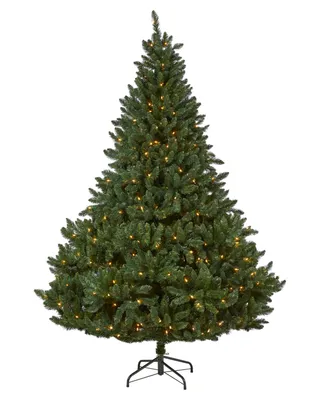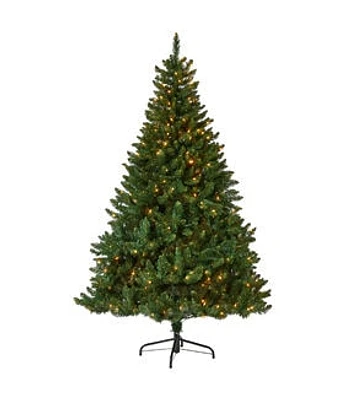Home
Indian Legends from the Northern Rockies
Loading Inventory...
Barnes and Noble
Indian Legends from the Northern Rockies
Current price: $21.95


Barnes and Noble
Indian Legends from the Northern Rockies
Current price: $21.95
Loading Inventory...
Size: OS
*Product Information may vary - to confirm product availability, pricing, and additional information please contact Barnes and Noble
The stories in this unusual collection come from the twelve tribes of Indians that, in historic times, have lived in the present states of Idaho, Montana, and Wyoming. They include myths, legends, personal narratives, and historical traditions preserved by highly respected storytellers, and reveal much about the lives and beliefs of the early Indians.
The sections of the book are arranged to represent Indians of six linguistic groups: Nez Percés; Flatheads, Kalispels (or Pend d’Oreilles), and Coeur d’Alênes(Skitswish); Kutenais; Shoshonis and Bannocks; Arapahoes, Gros Ventres, and Blackfeet; and Crows and Assiniboines. Although attention is focused on Idaho, Montana, and Wyoming, the factual introductions to the various sections cover a largerfrom the Cascade Range of western Washington and Oregon almost to the Mississippi River. Because the Sioux frequently came into Montana and Wyoming to make war and to hunt buffalo, two of their landscape legends are included.
These are the stories which used to be told around winter fires for the entertainment and instruction of the Indian family. The simplicity of style characterizing the narrations is truly reflective of their origins in oral literature.
Mythology is related to history in this volume, which belongs in any library or home where instruction is intended to delight.
The sections of the book are arranged to represent Indians of six linguistic groups: Nez Percés; Flatheads, Kalispels (or Pend d’Oreilles), and Coeur d’Alênes(Skitswish); Kutenais; Shoshonis and Bannocks; Arapahoes, Gros Ventres, and Blackfeet; and Crows and Assiniboines. Although attention is focused on Idaho, Montana, and Wyoming, the factual introductions to the various sections cover a largerfrom the Cascade Range of western Washington and Oregon almost to the Mississippi River. Because the Sioux frequently came into Montana and Wyoming to make war and to hunt buffalo, two of their landscape legends are included.
These are the stories which used to be told around winter fires for the entertainment and instruction of the Indian family. The simplicity of style characterizing the narrations is truly reflective of their origins in oral literature.
Mythology is related to history in this volume, which belongs in any library or home where instruction is intended to delight.
